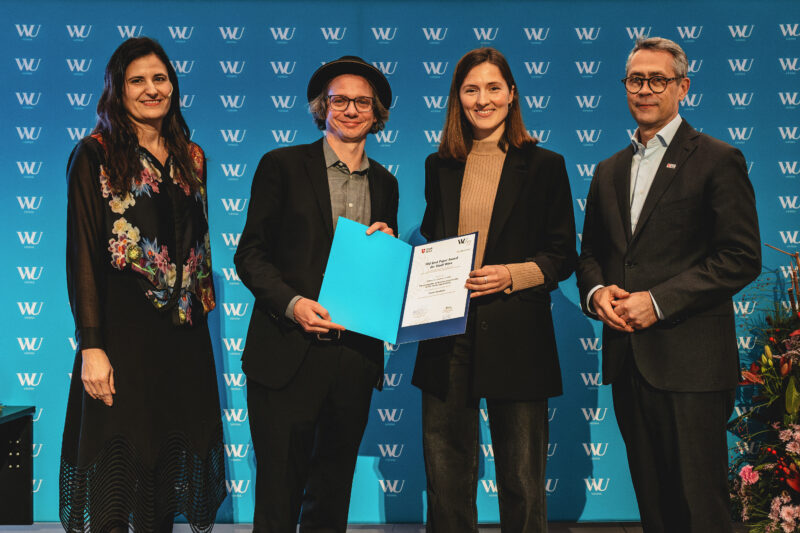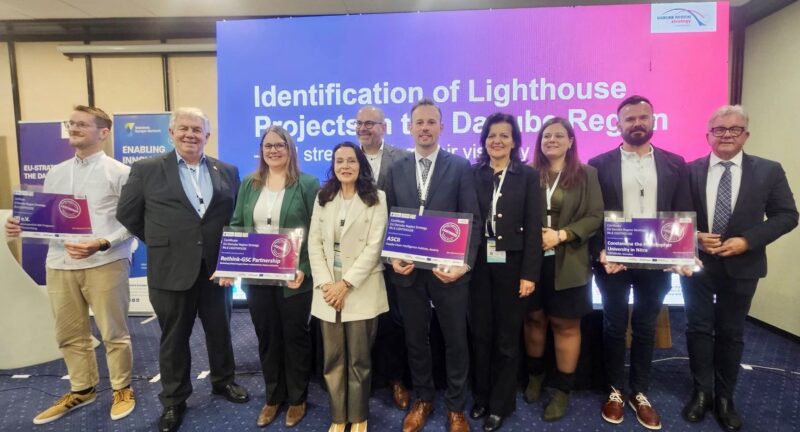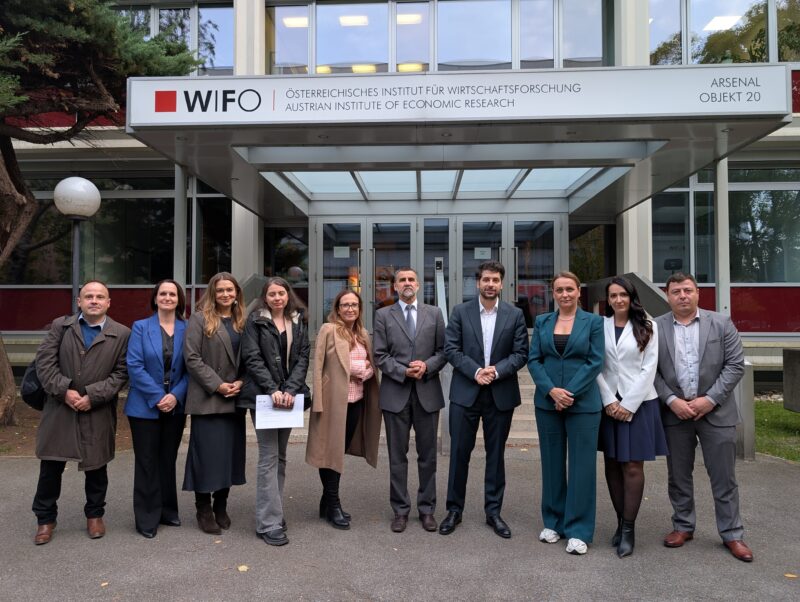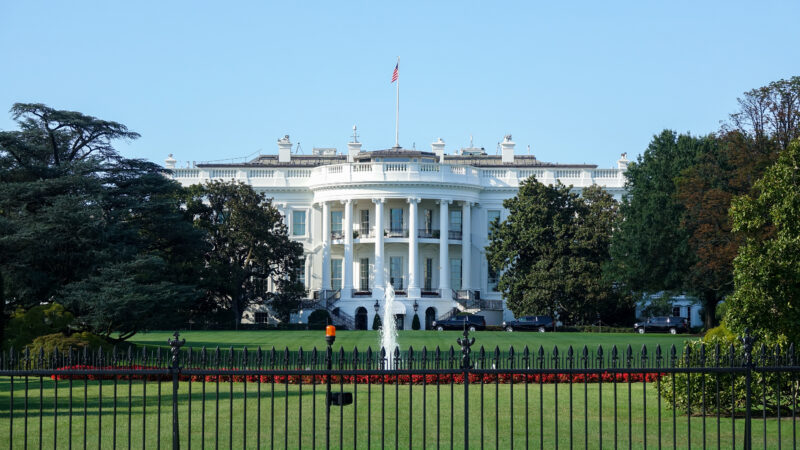
Chocolate Easter Bunnies are Becoming More Sustainable, but also More Expensive
The EU Deforestation Regulation imposes strict due diligence requirements for deforestation-free supply chains starting from 30 December 2024. The regulation focuses on commodities such as timber, rubber, soy, coffee, oil palm, cocoa and beef, as well as products made from them, such as chocolate, palm oil and rubber tyres. The EU imports a large share of agricultural and forestry products that are associated with a high risk of deforestation. 40.1 percent of Extra-EU cocoa imports come from Côte d'Ivoire and 14.4 percent from Ghana. "Simulations in a new WIFO study show that the Deforestation Regulation may lead to moderate welfare losses in the EU and partner countries due to trade diversion and higher costs for compliance with due diligence obligations. At the same time, the Deforestation Regulation can contribute to sustainability and reduce deforestation and forest degradation in these and other affected countries," says Meyer.
International cooperation could help to mitigate potential negative impacts on welfare, trade and prices of affected products in the EU and trading partners, while promoting sustainable land use, forest restoration and the protection of nature and human rights.

In order to identify, prevent and mitigate potential risks of deforestation, forest degradation and human rights violations, the Deforestation Regulation requires companies that produce or import affected agricultural and forestry products to carry out due diligence on their supply chains.
Please contact


















